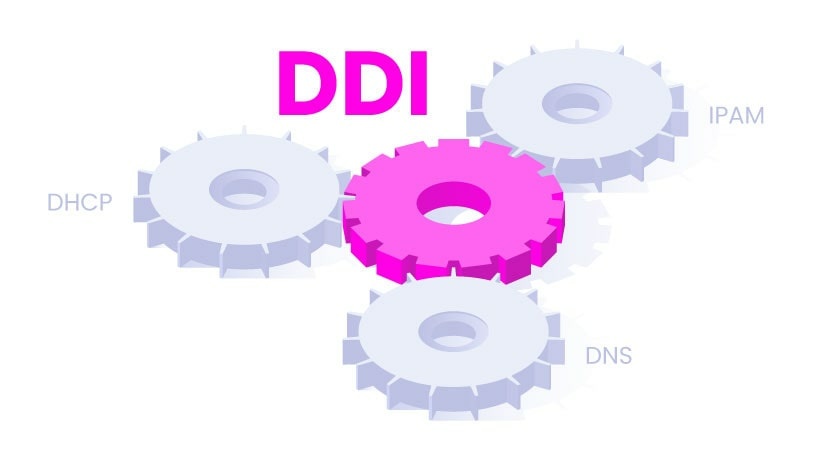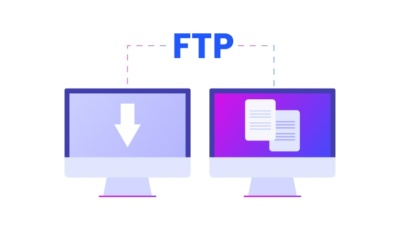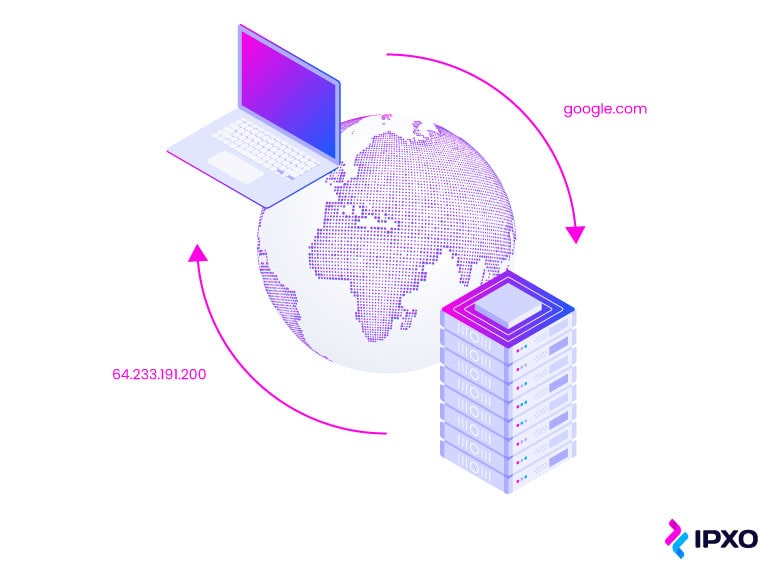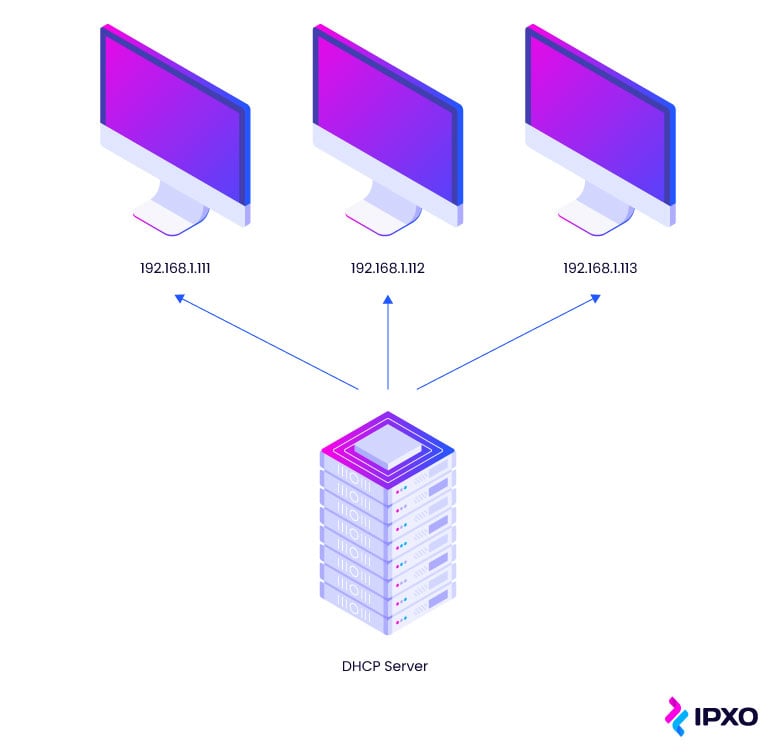DDI Solution: A Comprehensive Guide
5 min read
1 February 2022
Ignas Anfalovas
What is DDI and how does it integrate DNS, DHCP and IPAM solutions? Find answers to the most important DDI-related questions.

About the author
Ignas is a Platform Engineering Manager at IPXO with more than 7 years of experience in the IT sector. His expertise includes network design solutions and infrastructure maintenance. After working hours, you will find Ignas in Lithuanian folk-dance classes.
Table of contents
Related reading

6 September 2023 •
Network Engineering
DNS and rDNS: the Hidden Heroes That Keep the Internet Running
Discover the web's overlooked helpers - DNS & rDNS. Learn their importance, benefits, and automation's role in powering the online world.
Read more
19 July 2022 •
Network Engineering
Email Service Provider: What You Should Know About ESPs in 2022
Discover the differences between email service providers and webmail clients. Learn the importance of ESPs for successful email marketing campaigns.
Read more
12 July 2022 •
Network Engineering,
Networking Protocols
File Transfer Protocol Explained
What does FTP stand for? What is the importance of this protocol? How does it work? Read this post to learn all about the File Transfer Protocol.
Read moreSubscribe to the IPXO email and don’t miss any news!




